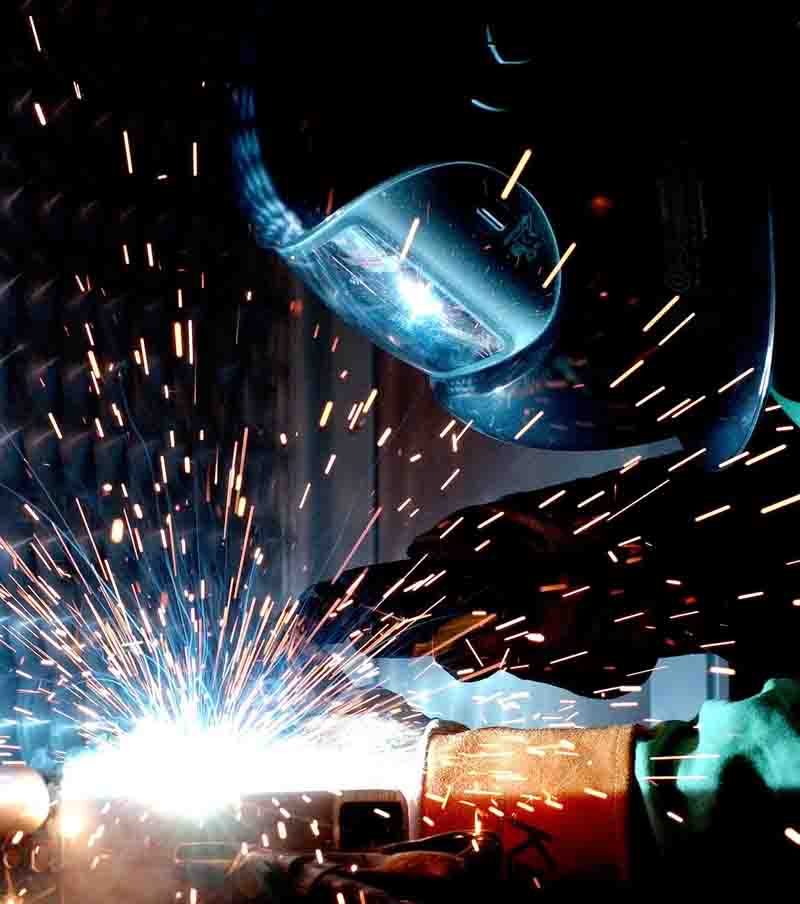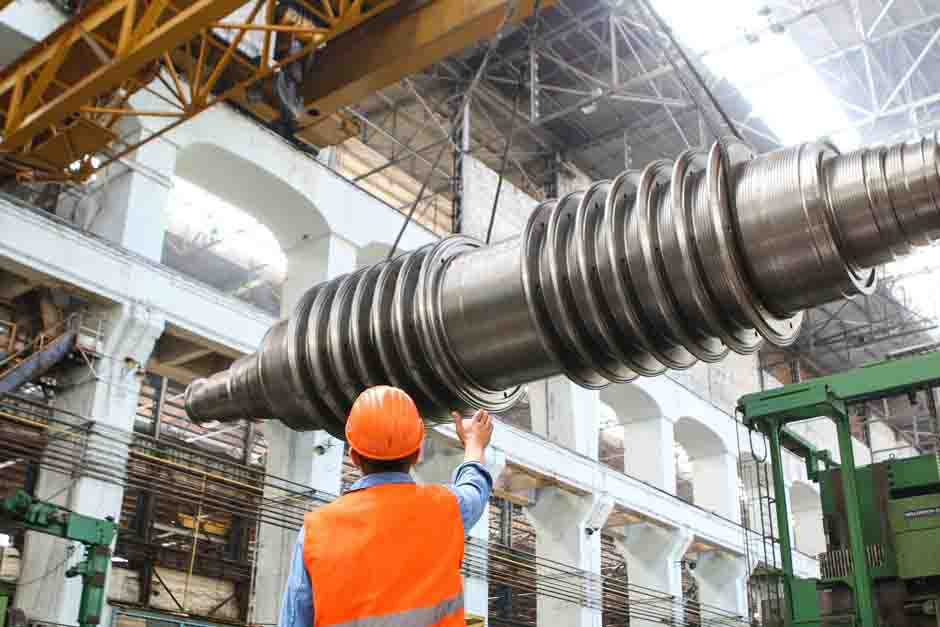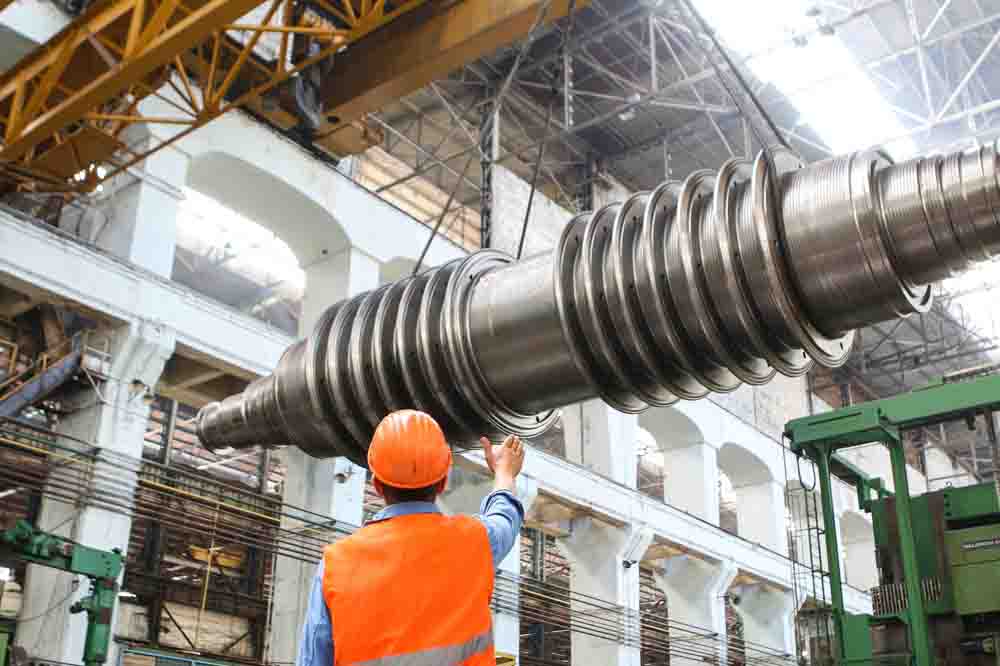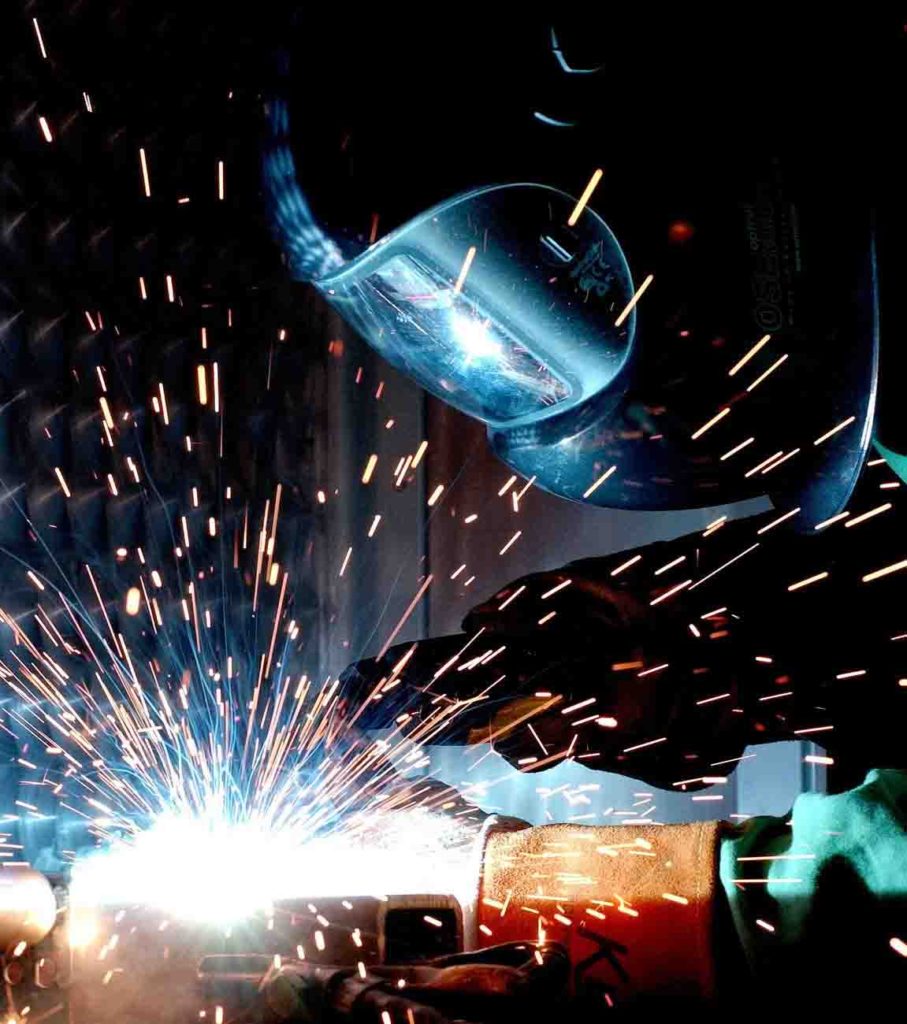Two focuses of my blog are Financial Literacy/Money and Business/Entrepreneurship. An important sector of our economy is the food and beverage industry. If you want to start in this sector, there are some tips that you need to be aware of. The following contributed post is entitled, Tips For Starting A Food And Beverage Manufacturing Business.
* * *
Starting a food and beverage manufacturing business can be an incredibly lucrative endeavor. However, there are a few things that you need to keep in mind before getting started. The following blog will discuss some of the essential tips for starting your own food and beverage manufacturing business!

1) Have A Solid Business Plan In Place
One of the most important things that you need to do when starting a food and beverage manufacturing business is to have a solid business plan in place. This business plan should include everything from your target market to your financial goals. Without a strong business plan, it will be challenging to make your business successful.
Make sure to do research and put together a comprehensive business plan before starting your food and beverage manufacturing business!
2) The Right Building Will Make All The Difference
Another important tip for starting a food and beverage manufacturing business is to make sure that you have the right building in place. The last thing that you want is to set up shop in an old, run-down warehouse. Not only will this give your customers a bad impression, but it could also lead to health code violations.
Make sure to find a clean, modern facility with urethane flooring that meets all of the necessary requirements for your food and beverage manufacturing business!
3) Invest In The Right Equipment
One of the most important investments you’ll make when starting a food and beverage manufacturing business is in the equipment you’ll need to get started. Depending on the products you plan on making, you’ll need to purchase specific types of machinery and equipment. Do your research to determine what type of equipment is best for your needs and budget. Once you have the right equipment, you’ll be able to produce high-quality products that will meet customer demands.
Another essential investment to consider is in packaging materials. You’ll need to find sturdy, reliable packaging that will protect your products during shipping and handling.
4) Hire Qualified Staff
One of the most important things you can do for your food and beverage manufacturing business is to hire qualified staff. You’ll need to find individuals who have experience in the food and beverage industry and who are passionate about what they do. These individuals will be responsible for ensuring that your products are of the highest quality and that they meet customer demands.
Make sure to take your time when hiring staff for your food and beverage manufacturing business. You want to ensure that you’re only bringing on board individuals who will help contribute to the success of your business!
In conclusion, these are just a few tips to keep in mind when starting a food and beverage manufacturing business. Be sure to have a solid business plan in place, invest in the right equipment, find the perfect facility, and hire qualified staff. With these tips, you’ll be well on your way to making your food and beverage manufacturing business a success!










